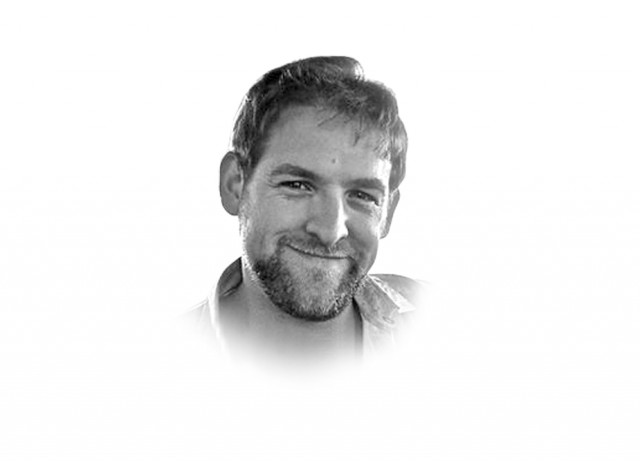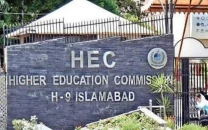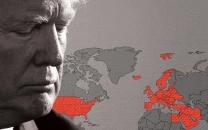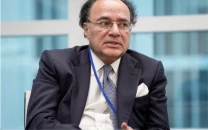Don’t act surprised — II
The kneejerk reaction by some designer patriots surprised me. I don't believe all 170 million Pakistanis are barbaric.

Don’t act surprised — II
Before we can improve a society, we need to acknowledge we have a problem. Too many of my detractors were happy to play the man (he’s hardly lived in Pakistan etc) rather than the ball and discuss the issue at hand. We do have a sitting politician who condones the burying of women alive. One of our highest rated and most popular TV hosts does openly advocate the killing of innocent people — he describes Ahmadis as wajab-ul-qatal (punishable by death). He’s still on TV and his fans are obviously tuning into what they want to hear.
Would we have been as shocked if the Sialkot killings had been of Ahmadis, Christians, Hindus or homosexuals? Would we have been shocked if it hadn’t been filmed? If you read the city section of any newspaper you will read everyday occurrences of severe barbarity and violence. But no one protests or feigns outrage for those sadly forgotten victims. Acid attacks, stoning of women, karo-kari, and yes mob killings are an unfortunate part of Pakistani life. Yes, they are not unique to Pakistan. But they do happen here and fairly regularly too. Like an addict in denial, until we can face up to the brutality of our society we won’t have the political will to tackle the social problems that underpin them.
Two years ago we did a show in which we discussed the burning to death of some suspected thieves in Karachi by a mob. Despite our attempts to offer the alternative perspective – that maybe individuals should not have the power to become judge, jury and executioner – our callers unanimously supported the mob. No doubt the frustration is driven by the complete breakdown of trust with our law-enforcement agencies, but is the solution burning to death suspects? Is that what we’ve become as Pakistanis? The following week a girl appeared on the show who had been horribly disfigured by an acid attack. She hadn’t agreed to marry her cousin.
Shia doctors who have fled for their lives aboard wrote to me this week to describe having seen hundreds of their colleagues gunned down over the years. A man wrote from the Netherlands to tell me how his family of five were brutally murdered 10 years ago by a mob of a hundred in Takht Hazara, Sargodha district. His family was killed by sticks and axes. Their bodies were severely mutilated before being dragged in front of people to see. Their crime — they were Ahmadis.
The Maula Jatt example was also misinterpreted. The Texas Chainsaw Massacre and Saw films were given as examples of western violence in movies. Firstly, my piece was not a comparative analysis. Why do we instinctively feel the need to deflect criticism of our failings by looking at other’s failings? Secondly, I would argue that the US itself is also a society underpinned by brutal violence as fiercely satirised by such films as Badlands and American Psycho.
What concerns me about Maula Jatt is that he is very much the archetypal Punjabi hero. The protagonist is not some morally ambiguous anti-hero like Travis Bickle in Taxi Driver. Most of Sultan Rahi’s characters are vigilante warriors who perform extremely sadistic violence. He’s not just killing people — he’s using a gandasa to cut out their guts with relish. These films glamourise vigilante justice and sadism as well as perpetuate an ideal ‘super’ man for the Pakistani viewing public. Films like Saw and The Texas Chainsaw Massacre are horrors – you aren’t rooting for the one wielding the chainsaw. Or are we?
Finally, some people accused me of racism for my last piece. Despite having become a Pakistani, married a Pakistani, had a son who is a Pakistani, lived in and moved to Pakistan, it seems I am not allowed to comment on Pakistan. Now, pray tell, who is the racist?
Published in The Express Tribune, August 30th, 2010.



















COMMENTS
Comments are moderated and generally will be posted if they are on-topic and not abusive.
For more information, please see our Comments FAQ